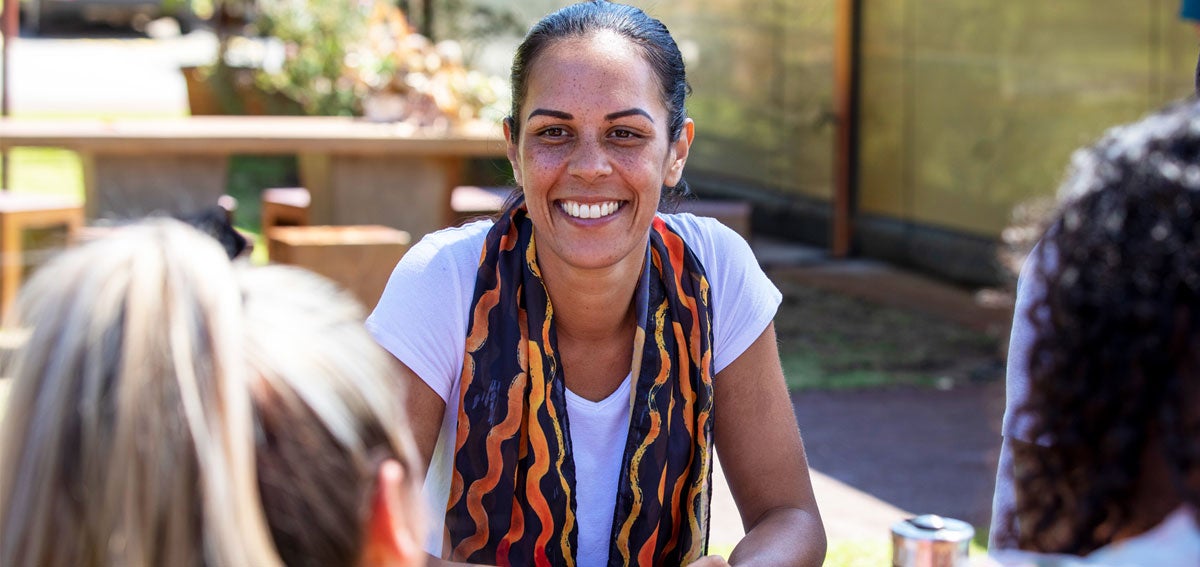Download
Sharing data across different organizations and evaluating programs can prove difficult for MCPs and their partners. Some challenges are described below, along with potential considerations for how organizations can navigate these barriers.
For additional detail, access “Common Challenges and Ingredients for Success” (PDF) in the “Engaging CHW/Ps in Data Collection and Outcome Measurement” section of the Resource Guide.
- Insufficient health information exchange. There are long-standing and systemic challenges in health and social sectors, such as privacy, HIT and health information exchange infrastructure investment, and data interoperability, that are not specific to the inclusion of the CHW/P workforce. Manatt Health Strategies developed the CalAIM Data Exchange Roadmap (PDF), which describes seven use cases that define information system requirements and data-sharing activities necessary to effectively support ECM and ILOS. This level of data exchange will require not only state and federal regulatory changes but all stakeholders to participate in a coordinated effort. Although fully integrated, interoperable data systems are the goal, MCPs need to identify what works for them and their partners to report to the state, identify and share key data to support the program, and simplify the effort at the provider and care team level when possible.
- Varying data infrastructure across CBOs. CBOs, which provide a diverse range of medical and mental health care, substance use treatment, or social services, significantly vary in their technical infrastructure and data-collecting capabilities. Many CBOs are unfamiliar with health system information platforms and use a different rubric to evaluate their programs. It is important for MCPs to support community partners and stakeholders to assess their data collection and information exchange capabilities and leverage resources to address the gaps in infrastructure and tools.
- Lack of standard SDOH data-collection measures. While numerous SDOH measurement resources exist, a systematic analysis of the strategies used to assess SDOH found wide variation in the SDOH categories used and no consensus on a standard set of indicators. Because ECM and ILOS services prioritize the social and behavioral needs of members, it is important for stakeholders to engage in a process of standardizing data collection and SDOH measures. The integrated care team, including CHW/Ps, should possess the tools and training to ensure a clear understanding of this aspect of member care along with standard screening tools and methods of data collection on health-related social needs.
- Concerns around privacy and consent. There are significant considerations concerning data integration and information sharing, and the underlying patchwork of federal and state laws governing privacy. Integrated care and the need for data exchange among MCPs, providers, and social service agencies will require a state effort to update privacy and consent laws and regulations. Many CBOs and social service organizations involved in data sharing will need training on informed consent for individual member interactions and larger data-sharing agreements that support bidirectional flow of information.






